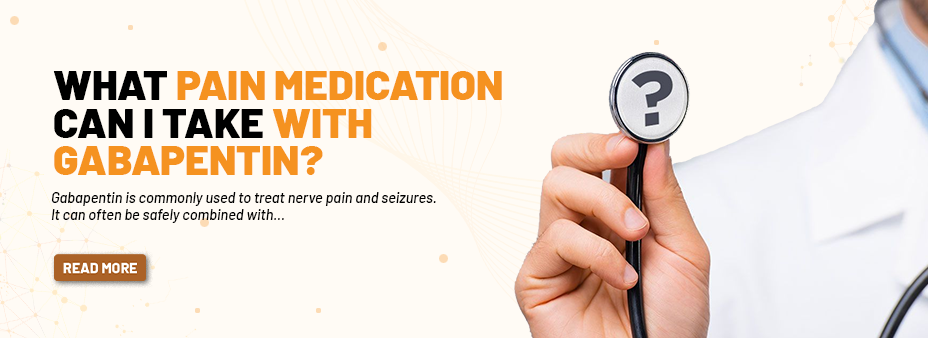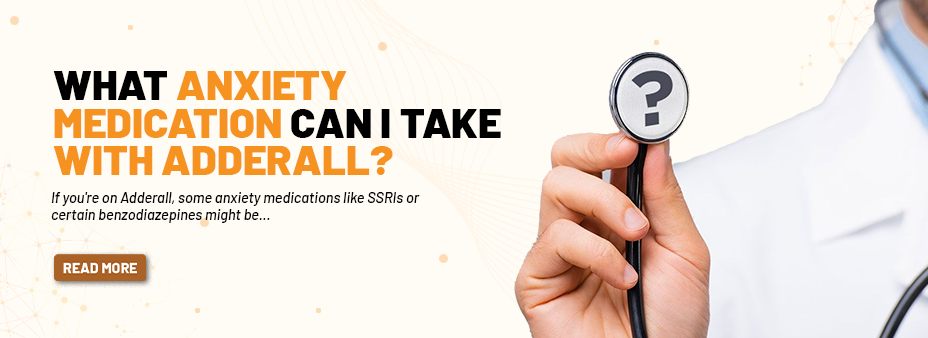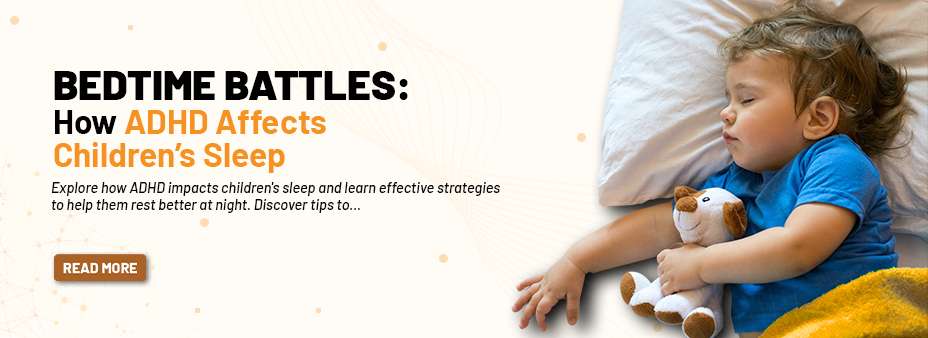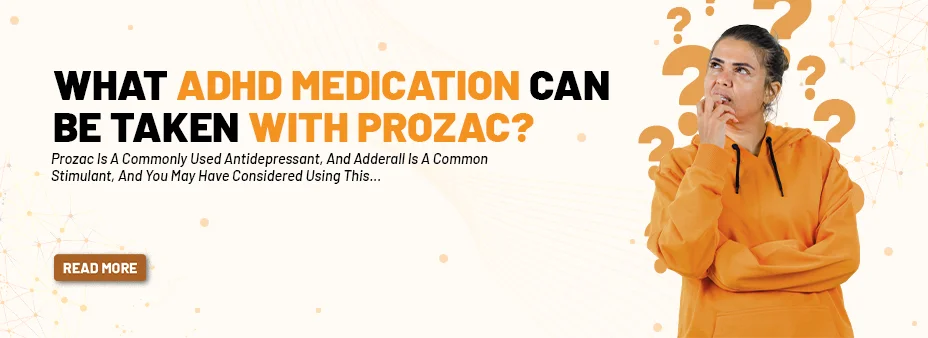What Pain Medication Can I Take with Gabapentin?
Introduction
Managing chronic or acute pain can be challenging, especially when a single pain medication doesn’t provide complete relief. Gabapentin is commonly prescribed for nerve pain, but many people wonder, what pain medication can I take with gabapentin? This guide explores safe pain medication combinations, drug interactions, and alternative options for better pain relief.
Understanding Gabapentin for Pain Relief
What is Gabapentin?
Gabapentin is a prescription pain medication originally used to treat epilepsy. Its ability to relieve nerve-related pain has made it a popular option for conditions like shingles, fibromyalgia, and diabetic neuropathy. Doctors also prescribe it off-label for chronic pain issues.
How Gabapentin Works for Pain
Gabapentin affects calcium channels in the nervous system, calming overactive nerves. Instead of directly blocking pain, this pain medication changes how the body interprets pain signals, making it particularly useful for neuropathic pain.
Safe Pain Medications to Take with Gabapentin
Over-the-Counter (OTC) Pain treatment
- Acetaminophen (Tylenol): Typically safe and commonly used with gabapentin for pain relief.
- Ibuprofen (Advil, Motrin): This anti-inflammatory Pain treatment may be used alongside gabapentin for inflammatory pain.
- Naproxen (Aleve): Similar to ibuprofen, it’s generally safe but should be used short-term.
Prescription Pain treatment
- Tramadol: Often prescribed with gabapentin for moderate to severe pain. Caution is advised due to sedative effects.
- Opioids (Oxycodone, Hydrocodone): Sometimes combined under medical supervision. These pain medications pose risks of drowsiness and respiratory depression.
- Muscle Relaxants (Cyclobenzaprine): Used in muscle-related pain but only under a doctor’s guidance due to possible drug interactions.
Topical Pain treatment
- Lidocaine Patches: Provide local pain relief and are safe to use with gabapentin.
- Capsaicin Cream: A non-systemic pain medication effective for localized nerve pain.
Important Considerations When Combining Pain Treatment
Drug Interactions and Risks
Combining gabapentin with other Pain treatments can lead to:
- Increased sedation
- Dizziness or balance issues
- Difficulty breathing (especially when combined with opioids or alcohol)
When to Avoid Certain Pain Treatment Combinations
Avoid taking gabapentin with:
- Alcohol or recreational drugs
- Other sedative Pain treatment, unless prescribed
- Medications with overlapping side effects without professional advice
Non-Medication Alternatives to Enhance Pain Relief
Lifestyle Changes
- Regular Exercise: Reduces inflammation and boosts natural pain relief.
- Improved Sleep: Restorative sleep helps reduce pain sensitivity.
- Balanced Diet: Anti-inflammatory foods can support Pain treatment
Holistic and Non-Drug Therapies
- Mindfulness, Meditation, and CBT: Effective in managing chronic pain.
- Acupuncture and Massage: Complement pain medication and gabapentin.
- Physical Therapy: Supports recovery and long-term pain control.
Buying Gabapentin and Pain Treatment Online
Legal Considerations
Gabapentin and other Pain treatments may be classified as controlled substances. Always ensure you have a valid prescription and understand your local laws.
Choosing a Trusted Online Pharmacy
- Requires a valid prescription
- Certified by authorities like VIPPS
- Avoid sites offering Pain treatment without prescriptions
Risks of Illegitimate Online Sources
- Counterfeit or dangerous pain medication
- Incorrect dosages
- Legal and health risks
Frequently Asked Questions
Can I take Tylenol with Gabapentin?
Yes, it’s a safe Pain treatmentto use alongside gabapentin.
Is it safe to combine Tramadol and Gabapentin?
Possible with monitoring due to sedation risk.
Can I use Gabapentin with muscle relaxers?
Only under medical supervision.
What if Gabapentin doesn’t fully manage my pain?
Your doctor may suggest adjusting your dosage or adding another pain medication.
Is Gabapentin safe for long-term pain management?
Yes, with regular health evaluations.
Conclusion
Gabapentin can be safely combined with various Pain treatments, particularly under medical guidance. Whether you use OTC pain relievers, prescription medications, or holistic methods, understanding drug interactions is essential. If you’re asking what Pain treatment can I take with gabapentin, options like Tylenol, NSAIDs, and select prescriptions are often suitable. Effective pain relief often comes from a tailored approach that includes the right Pain treatment lifestyle changes, and





